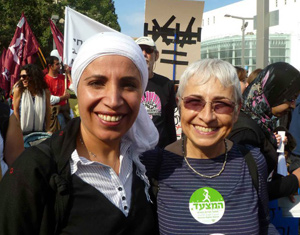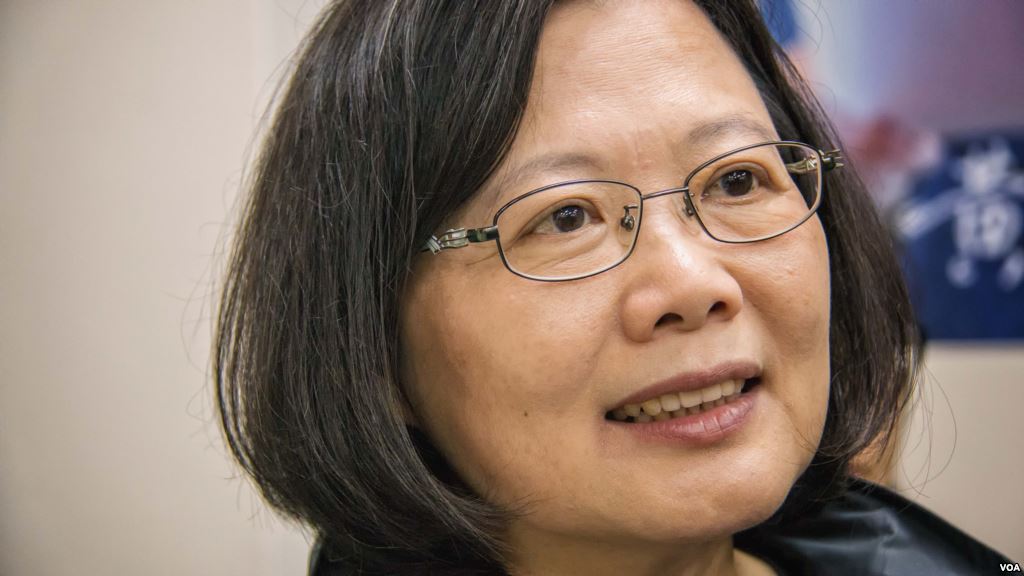The Bedouins reside in the Southern part of Israel; they are a minority among Israel’s Arab minority and are largely disadvantaged within the social, economic, and educational spheres. There are approximately 170,000 Bedouins living in Israel, mostly in traditionally nomadic, pastoral, conservative and tribal societies. This often creates problems with the modern and largely urbanized state in which they live.
There are two prominent women who are fighting for the empowerment of Bedouin women in Israel: Amal Elsana Alh’jooj and Vivian Silver. Amal Elsana, is native-born and the first Bedouin woman in Israel to attend university. She currently holds a master’s degree in community development from McGill University in Montreal. Elsana was the recent recipient of an award that recognizes her work with regard to promoting community development amongst Bedouin women and furthering the cause of Shared Society between Jews and Arabs.
She was recently interviewed by the BBC for Radio 4’s ‘Woman’s Hour’ and for the BBC World Service programme ‘Outlook’, in which she gave a very moving account of her life as a woman living in a Bedouin society. Elsana explained that female babies are regarded as of lower value than male ones. When she was the fifth girl born, her mother feared that Elsana’s birth would prompt her father to take another wife. Moreover, she spoke of the violence that was directed towards her when she married outside her own tribe, as well as the dangers from others when her father allowed her to go to university (his truck was set on fire by his own relative and he was shunned by many).
Vivian Silver immigrated to Israel from Canada in 1974, and after several years of acclimatization she became increasingly driven to action by the widening gap in the treatment of Israel’s Jewish and Arab citizens. Vivian now works as an executive director for the Negev Institute for Strategies of Peace and Development (NESPED), overseeing four major departments, of which the most visible is the Arab-Jewish Center for Equality, Empowerment and Cooperation (AJEEC). Elsana is the director of AJEEC, an acronym that means “I am coming toward you” in Arabic.
Together they work to raise economic and educational standards for Bedouin women at the grass-roots level, with some support from Israeli agencies. Some of these programs bear a distinctive local touch:
– A course training Bedouin women as DJs to organize entertainment at weddings in the women’s tents
– 24 graduate women in still and video photography, use their skills to take pictures of female participants at social events. Men are not allowed to take such pictures
– Help with establishing hairdressing and jewelry-design businesses
– Train as sports counselors
– Forming partnerships with Jewish businesswomen
These leadership and volunteer programs are resulting in progress; the number of Bedouin project volunteers has grown from 47 to 350 in recent years. In turn, these volunteers contribute and better the lives of some 10,000 children. Moreover, Elsana explains that “more women are getting higher education and more Israeli government ministries are willing to help”.
Along with Bedouin projects, Silver also works with three major NISDEP programs that focus on conflict resolution promotion of small and medium enterprises and development of cooperatives internationally. NISPED’s annual budget is roughly $2.8 million, of which only 20 percent in provided by the Israeli government. The embassies of the US, Britain, Netherlands, and Japan roughly provide 20 percent, and private donors and foundations provide 60 percent. All in all, these numbers roughly show where Israel’s priority lies when it comes to the promotion and empowerment of the native Bedouin population.




